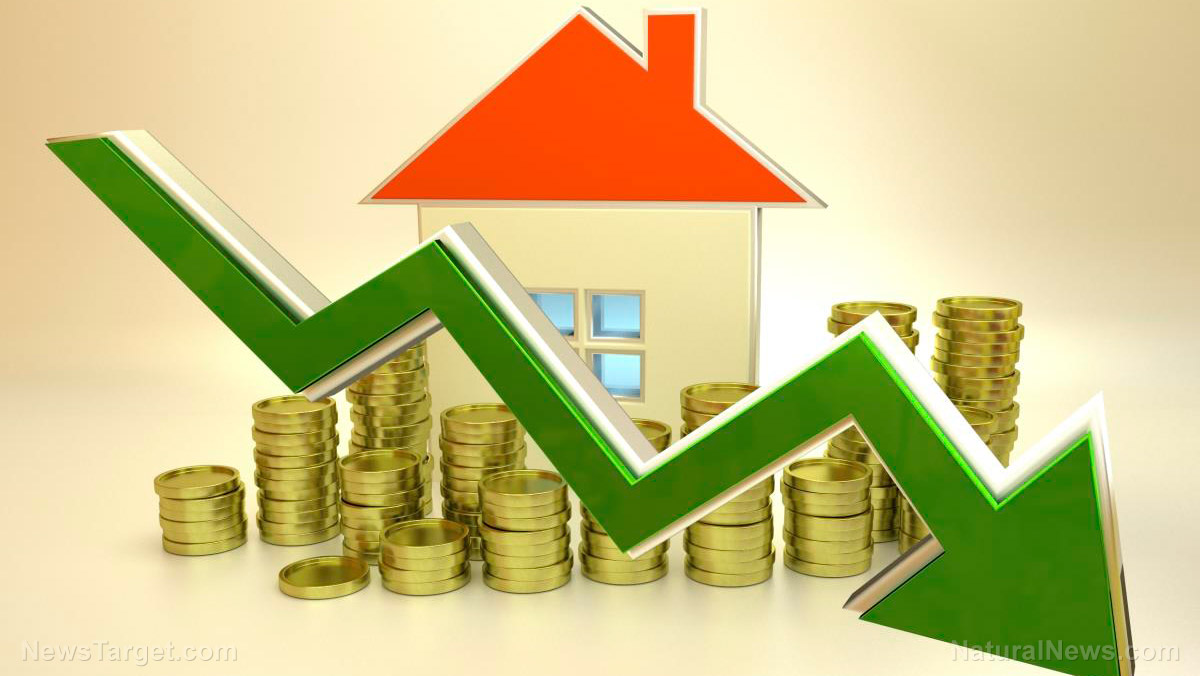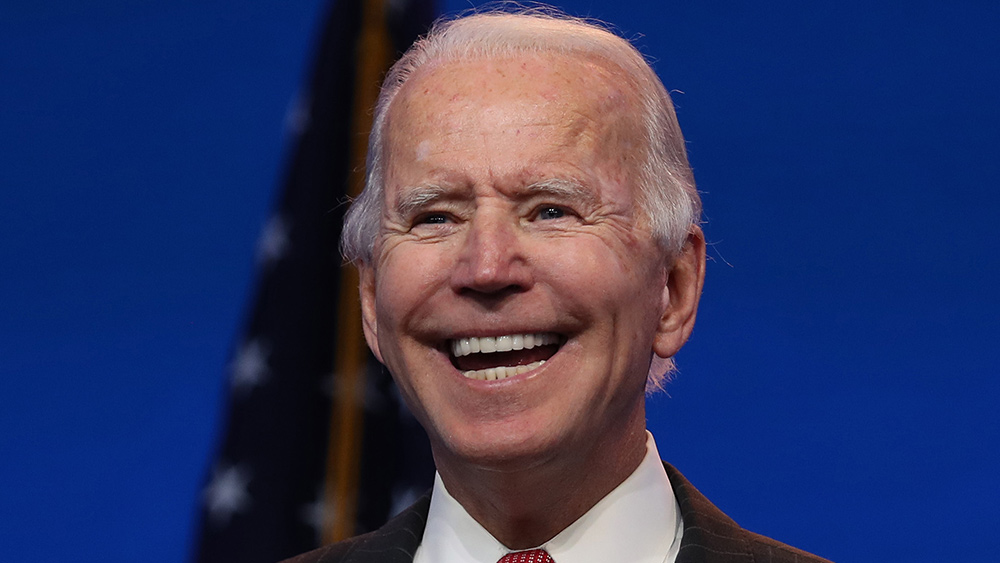
Households in the United States during the third quarter of this year increased their debts at the fastest pace since 2007.
According to data released by the Federal Reserve Bank of New York, from July to the end of September, households added $351 billion in overall debt, bringing America's total household debt up to $16.5 trillion. The rise in household debt represents a 2.2 percent increase from the previous quarter ($310 billion) and an 8.3 percent jump year-over-year ($1.27 trillion).
The last time household debt increased this fast was in the first quarter of 2008, when the year-over-year increase was 9.1 percent. (Related: American household debt reaches record high of $15 trillion.)
Household debt has been surging over the past year due to unrelenting inflation, which is running near its highest pace in more than 40 years, and amid rising Federal Reserve interest rate hikes.
Mortgages are biggest liability on household balance sheets
Most of the latest increase in household debt came from mortgages, which are by far the biggest liability on household balance sheets. Mortgage debts posted a quarterly increase of $282 billion and an annual increase of $997 billion. As of the third quarter, all mortgage debt made up $11.7 trillion of all household debt.
Student debt, which has been decreasing, still makes up the second-largest debt category for American households. As of the end of the third quarter, student debt posted a quarterly decrease of $15 billion and an annual decrease of $10 billion. It currently makes up around $1.57 trillion of all household debt in the United States.
It is followed closely by auto debt, which makes up around $1.52 trillion of all household debt. Auto debt increased quarter-over-quarter by $22 billion and year-over-year by $81 billion.
Credit card debt is next, representing around $930 billion of all household debt. It increased quarter-over-quarter by $38 billion and year-over-year by a whopping $121 billion. This represents a 15 percent increase year-over-year, with much of the surge coming from average interest rates on card borrowing climbing above 19 percent, the highest since data became available on credit card interest rates in the mid-1980s.
The remaining debt from the total $16.51 trillion belongs to other debts like home equity lines of credit. This other debt represents around $810 billion.
"Credit card, mortgage and auto loan balances continued to increase in the third quarter of 2022, reflecting a combination of robust consumer demand and higher prices," said Donghoon Lee, an economic research advisor working for the New York Fed. "However, new mortgage originations have slowed to pre-pandemic levels amid rising interest rates."
The New York Fed noted in a blog post that it does not surprise the bank that credit card balances are increasing because inflation is making prices go up more than eight percent compared to a year earlier.
"The real test, of course, will be to follow whether these borrowers will be able to continue to make payments on their credit cards," wrote Lee. Delinquency rates are currently low by historical standards, but they are rising, suggesting that consumers are still able to manage their finances but are experiencing more and more difficulties.
Around 191 million Americans have at least one credit card. Many have more than one, and the total number of personal credit card accounts is estimated at 555 million, up by about 100 million from 2016.
Learn more about how this debt is affecting Americans at DebtCollapse.com.
Watch this video from InfoWars featuring Owen Shroyer interviewing a financial expert warning Americans that the debt bubble is about to burst.
This is from the InfoWars channel on Brighteon.com.
More related stories:
Number of Americans with a second job up by 6% as inflation continues to eclipse wage gains.
More and more people are becoming HOMELESS as America's economic condition worsens.
Global jobs growth expected to deteriorate significantly in months ahead.
Probability of a recession hitting the US within 12 months reaches 100%, warn economists.
Sources include:
Please contact us for more information.




















